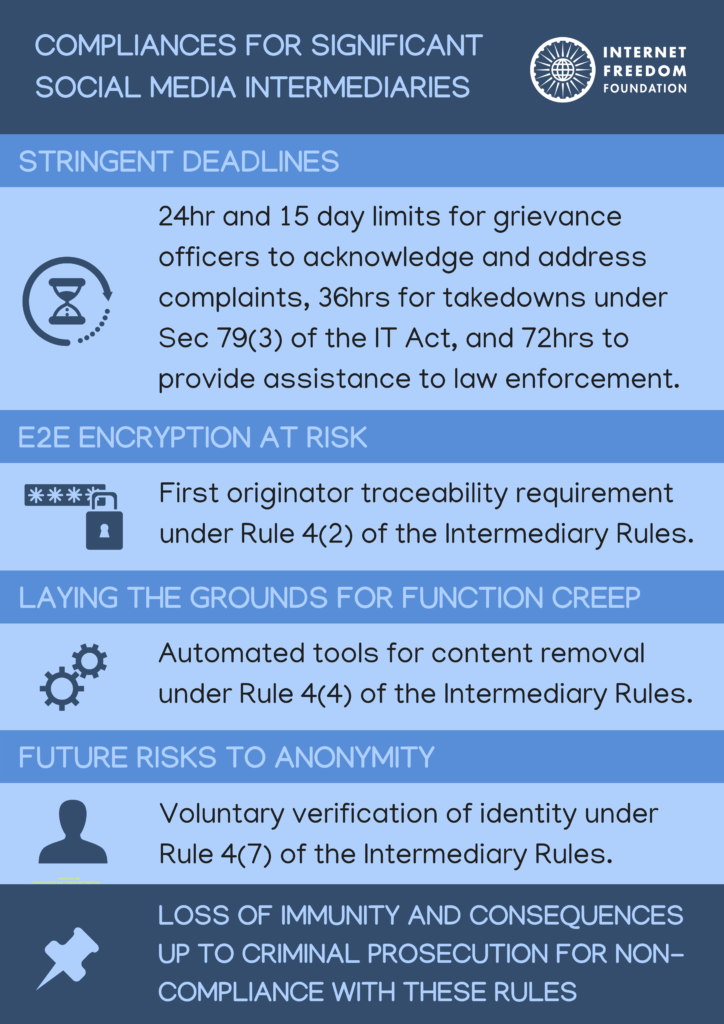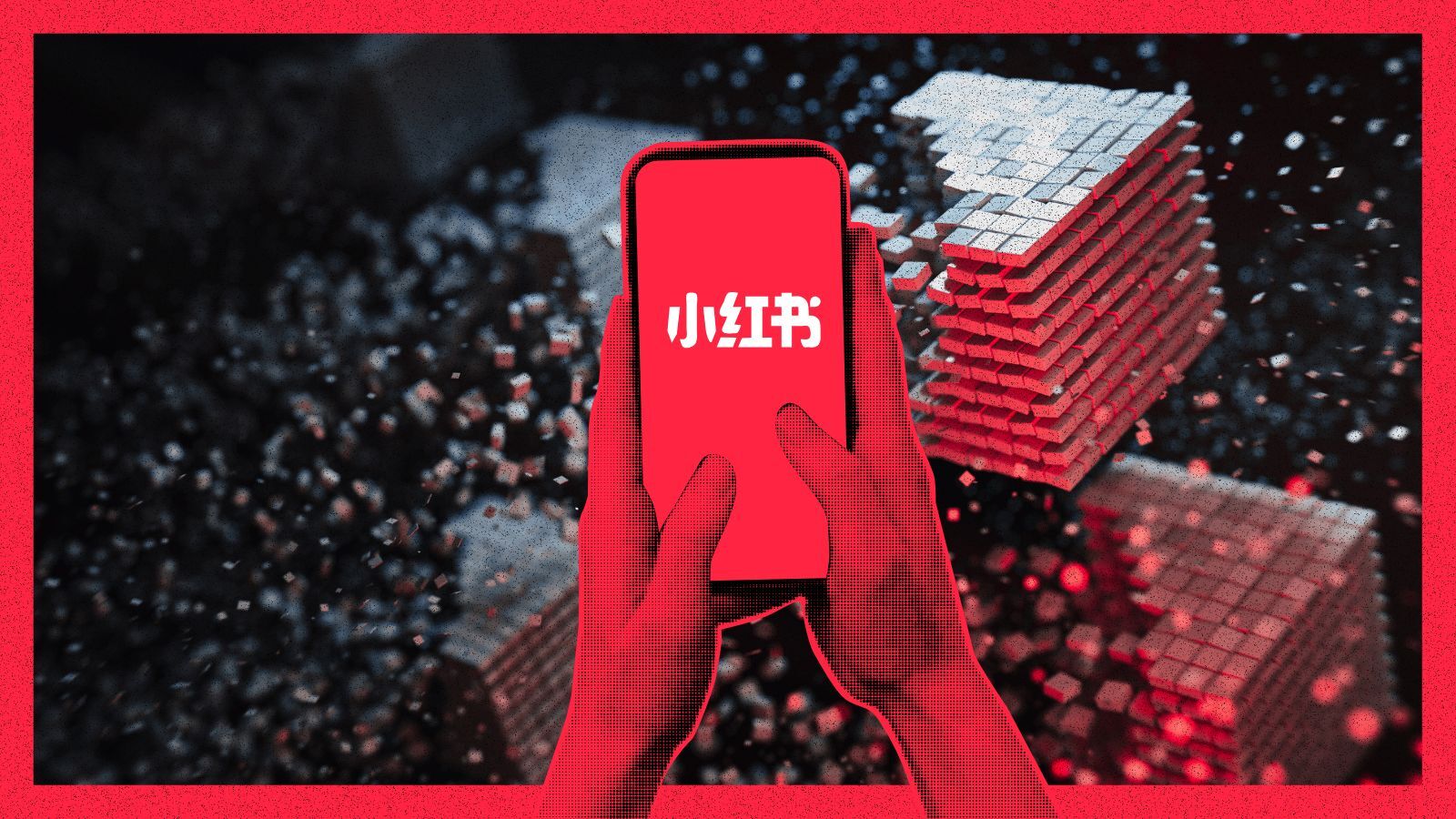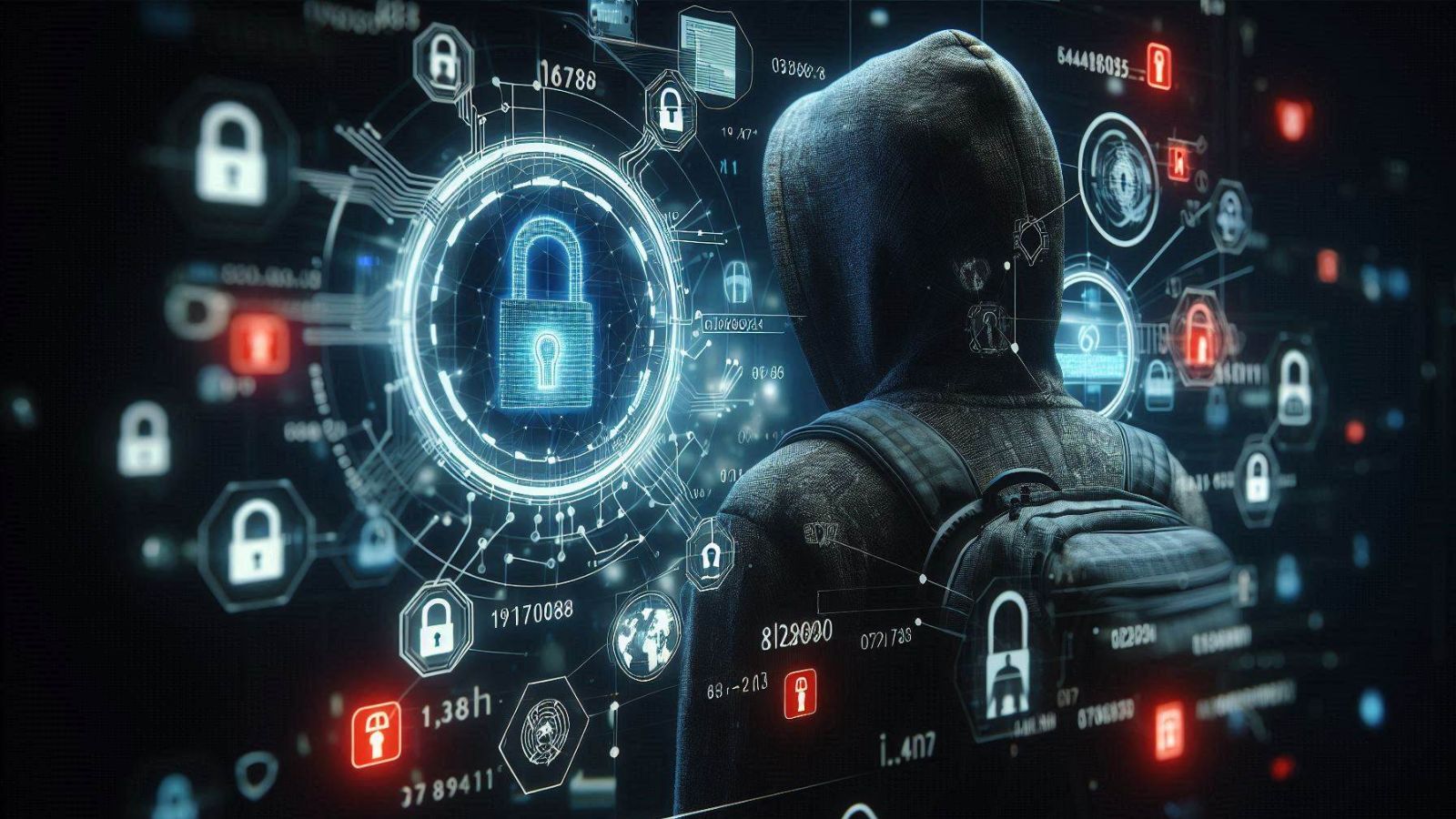
New Regulations for Social Media in India Come Into Effect Today
- The “Intermediaries Rules” that were voted three months ago are coming into effect today.
- The new rules will force tech companies to unmask the identities of users who disseminate inappropriate material.
- This affects the privacy protection measures that are in place, such as end-to-end encryption in IM apps.
The “Intermediaries Rules” that was voted by the Ministry of Electronics and Information Technology (MeitY) and the Ministry of Information and Broadcasting (MIB) on February 25, 2021, is coming into effect today as the three months that were given as compliance period have passed. As we wrote back when the regulation was in the proposal form, the goal was to undermine end-to-end encryption systems that secure the privacy in communications that take place on social media platforms and IM tools.
The reason for this law is to unmask the identities of users who post “problematic” content that puts national security at risk or is relevant to the dissemination of false information. According to the same proposition, the users’ phone numbers must also be collected, and their link to the registrant’s identity should be verified yearly. Social media companies that operate in India must operate a local office that will respond to relevant requests immediately, handing over this information to the law enforcement agencies.
Here’s the full scope of the new requirements for Social Media Intermediaries:
Obviously, identity and data privacy is taking a blow today, but the questions of willingness to comply and eagerness to enforce remain to be answered in the following weeks or months. When considering that the regulation affects tech giants like Facebook, Google, Twitter, and platforms like Instagram and Whatsapp, enforcing anything onto them by threatening bans or sanctions is far from simple.
If you are worried about the “Intermediaries Rules,” you are right to - although you shouldn’t panic just yet. According to Rule 4(4) of the new law, the content of electronic messages should remain out of reach for the authorities, so intermediaries will only expose the originator if needed. If you are not posting or sharing sexual abuse material, which is the main target of this law, you should be free of scrutiny.
Again, whenever we have the introduction of such sweeping laws, there’s always the potential for abuse, and that’s unfortunate for people’s privacy and freedom of speech. Hopefully, we won’t see anything like that unfolding in India, and the censorship will remain strictly in the context of protecting children and identifying and stopping circles of violence.










